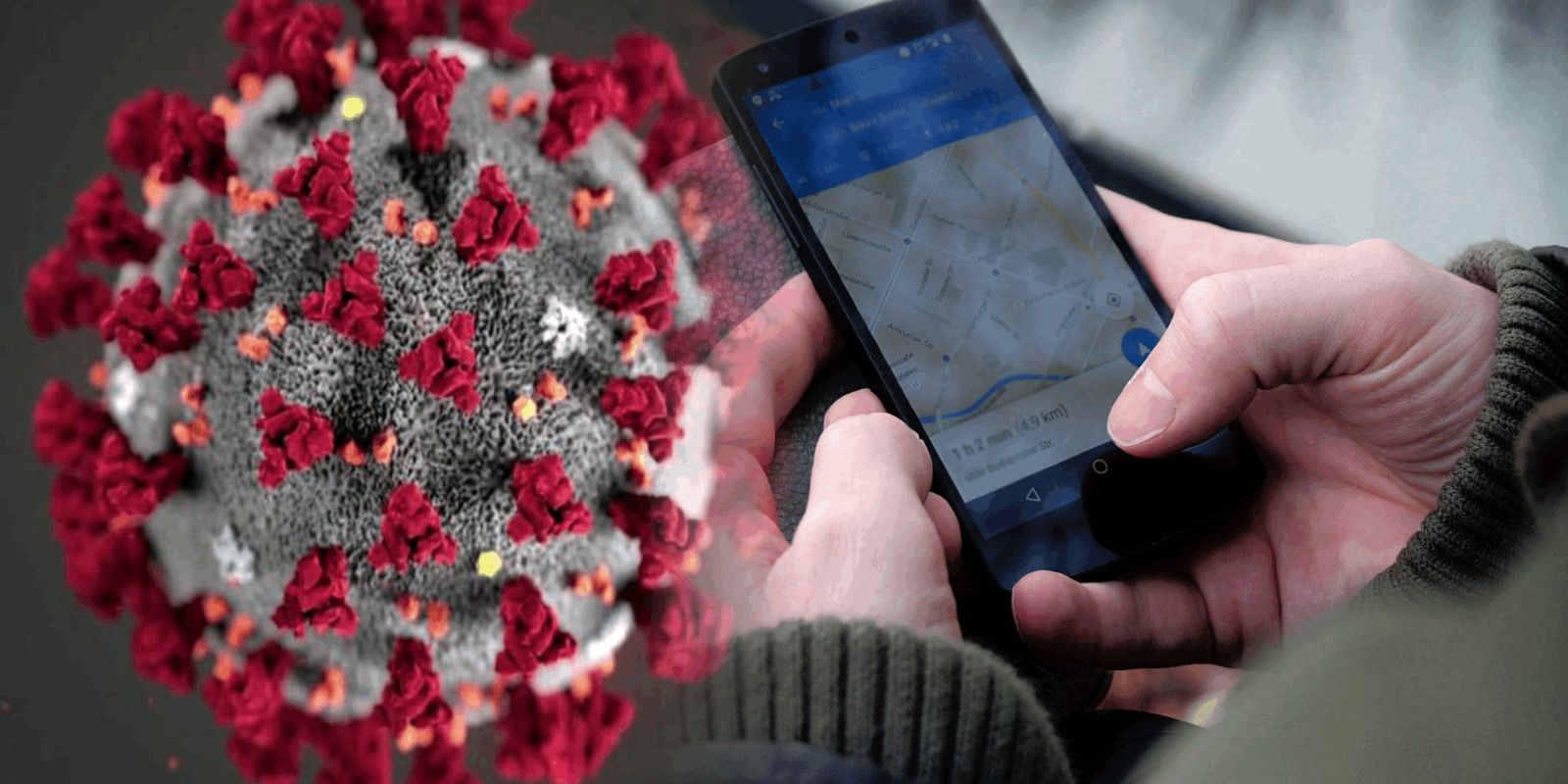
While mobile phones are already being used as a tool against coronavirus in several countries, members of the mobile phone industry have been toying with the idea of a worldwide data-sharing system that would track people, globally. Although this could potentially slow down the spread of coronavirus, it could do so at the cost of privacy.
A data-sharing system that kept note of an individual's locations through their phone would systematically be able to monitor and record when people travel through a high risk coronavirus area. However, it would also place great weight on user privacy and require an escalation of trust not just between citizens and their governments, but also citizens and other governments.
According to The Guardian, the GSMA, an organization that represents several mobile phone companies worldwide, has already spoken with a company that focuses on mobile-tracking. The suggestion being that a global network could be employed and that the findings could be shared with relevant authorities. Armed with that information, nations could individually take whatever action they deem necessary to fight the virus. The GSMA has stated that it isn’t currently creating a global tracking system, but would not comment on whether discussions on one had already taken place.

Utilizing tracking technology to fight COVID19 has already proved successful in countries like South Korea and Poland. Implementing a system like this at the global stage brings several complications, and would likely need legislation that could see the problem getting worse before it gets better. Many nations have laws preparing themselves for a pandemic, like South Korea, which created a database from its customs and medical systems to track travel to high-risk areas. Other countries, haven't been as proactive in preparing for a pandemic and as such are taking reactive measures to combat the threat of coronavirus.
Global data tracking works as a preventative measure, not a reactionary one. In theory, the United States could benefit from a system like this, but there's still the issue of knowing who is infected and that comes back to testing. At this point in the pandemic’s development, a system might be useful to help protect locations with low case numbers, but again, this would only work if those numbers were accurate to begin with. Adding to the problem is how countries wouldn’t experience the benefits of global tracking unless they have sufficient safety nets in place for their citizens so they can act swiftly and effectively on the data received.
Tracking people on a worldwide level could also amplify the problems seen when countries access data across borders. Historically, several complications have arisen when companies collect data from foreign nations due to the differences in data legislation. Similar problems could appear when governments want to access a global tracking coronavirus database, creating a complicated web of intersecting data legislation.
Source: The Guardian
from ScreenRant - Feed https://ift.tt/3dyE4aq

0 Comments